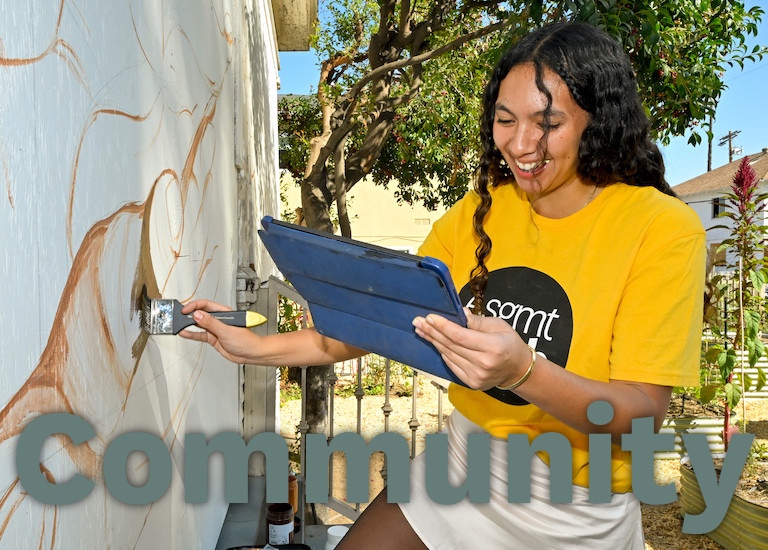
TRUST
Lessons Learned from the TRUST Project
The following is a summary of the lessons learned as described by members of the Project Team related to enhancing stakeholder engagement during the implementation of Transforming Research: Understanding Sensory Experiences in ASD, Stakeholders Working Together — TRUST (#19922-USC). They are provided in the hope that they will generate additional reflections on what matters most in facilitating research engagement.
- Sensory processing deeply matters to all of the stakeholder groups.
- Multiple perspectives significantly enhance understandings of sensory processing across communities. There exists a great need for continued conversations among stakeholders.
- Merging stakeholder groups was much more complicated than we initially projected and worked much more effectively by using small discussion groups.
- Our intent was not to necessarily achieve consensus or to evaluate or compare perspectives. Rather, the goal was for all stakeholders to appreciate and value how perspectives can vary and differ from one’s own.
- Although Co-Leads can facilitate engagement, they can also create interpersonal dynamics that add complexity.
- Developing trust and rapport takes even more time than was anticipated, and probably necessitates less ambitious time frames for completing benchmarks.
- The need to devote additional time to nurturing trust and engagement was perhaps more evident in developing community partnerships than in stakeholder engagement groups.
- Scheduling both within stakeholder groups and across stakeholder groups proved to be particularly challenging. Providing adequate time for individuals to respond to various communications about the project is central to ensuring the flow of the project.
- Multiple modes of communication are necessary to facilitate communication and scheduling. Accommodations for participants and presenters made the TRUST conference possible to attend for a greater number of people.
- The stakeholder groups varied widely in their use of language and discourses. While it felt important to use the language understood by everyone, reverting to plain language worked in some aspects of the project but not in all aspects.
- Some stakeholders felt that just using plain language at times lessened the impact of some of the findings.
- Narrative strategies facilitated engagement and provide a vehicle for engagement.
- Stakeholders are highly motivated to share their expertise about sensory processing.
- Research priorities related to sensory differences need to address strengths and avoid an overly deficit-driven approach.
- Language matters and individuals have strong and diverse opinions about how they wish to be represented and how these choices are often situated by the context.
- Although we may think of stakeholder categories as distinct, many of our stakeholders identify with more than one category, and at least some identified with all categories.
- The existing knowledge gaps in sensory processing research significantly impact everyday life for many individuals, families, and communities. Meeting the needs of autistic individuals and implementing long-term changes requires community/stakeholder engagement.
- The limited opportunities for stakeholder voices in research is impeding progress.
⋯





